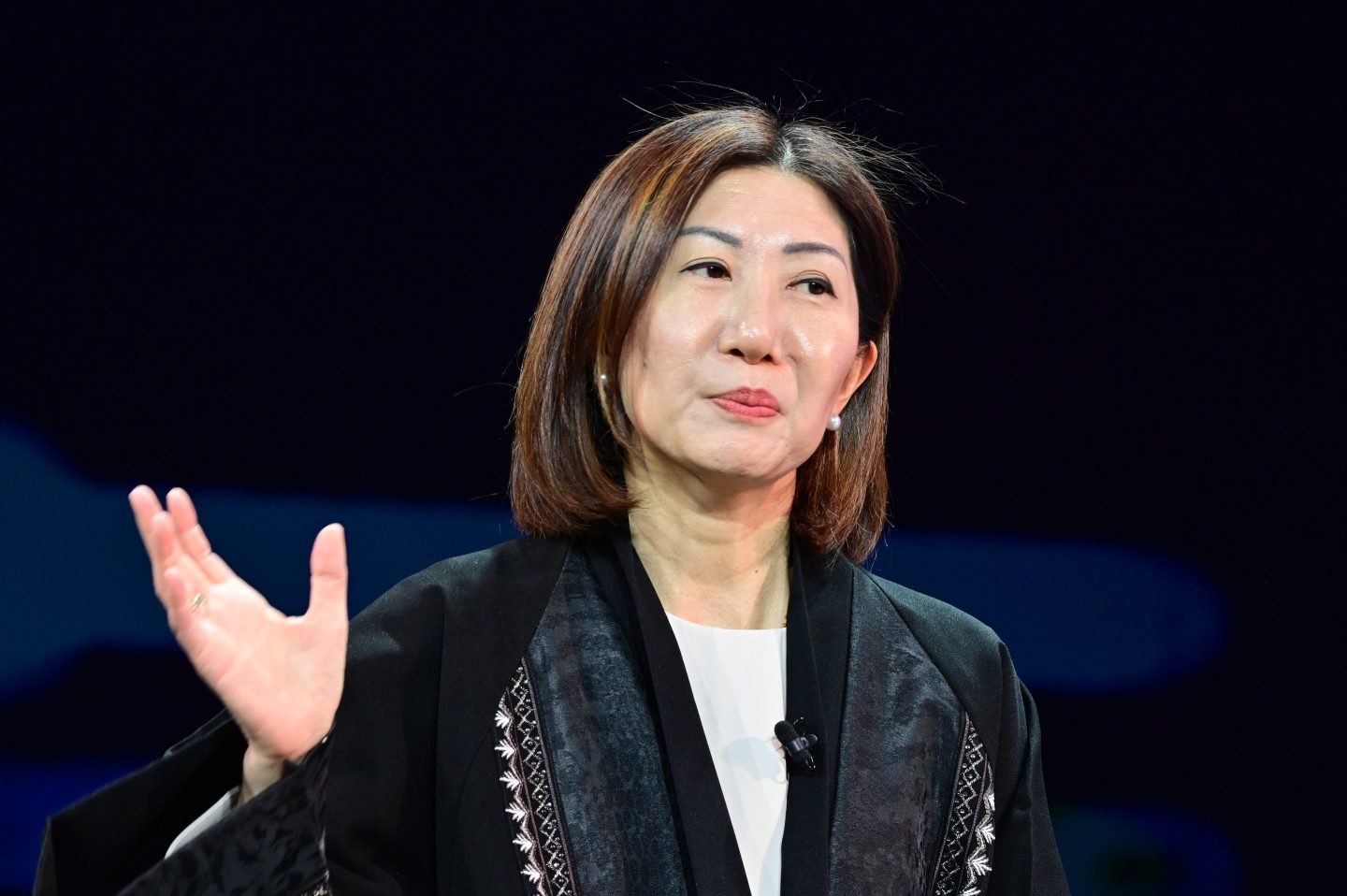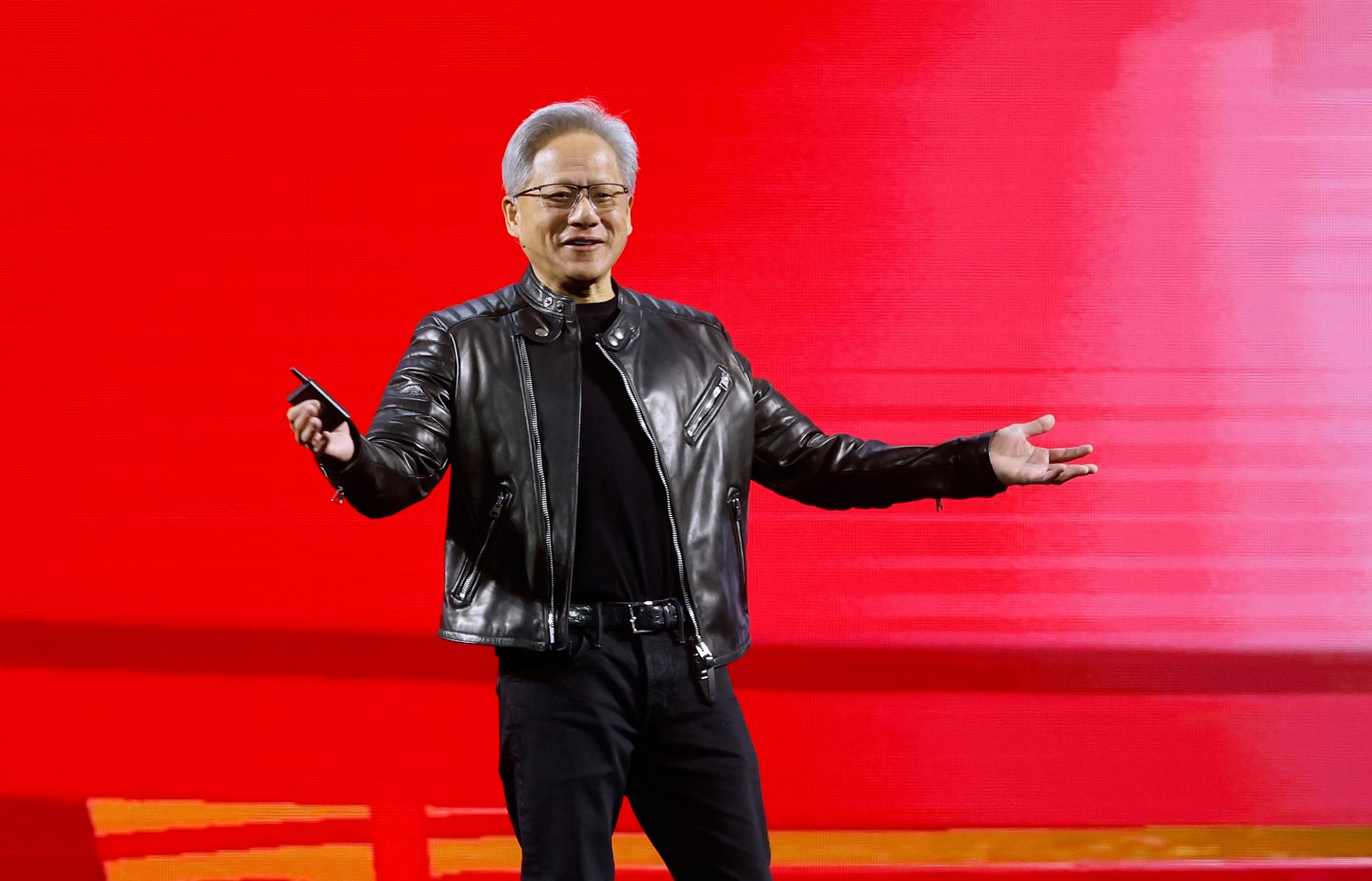Investors have so many options today—such as private markets, cryptocurrencies, and other financial instruments—that more traditional stocks may look a little old-fashioned.
“If you dial the clock back [to] two decades ago, if you had money and wanted to invest, you would call up your brokers and talk about what stocks there are available,” Bonnie Chan, CEO of Hong Kong Exchanges and Clearing (HKEX), said Monday at the Fortune Global Forum in Riyadh.
“Now, people can get exposure to all sorts of investment opportunities. We’re entering a stage where exchanges are not really competing with one another, but working together,” she noted.
Since the first Bitcoin boom in the early 2010s, investors have increasingly explored new investment instruments, such as cryptocurrencies and other digital assets.
Meanwhile, stock markets are performing well this year, with indexes reaching all-time highs, in part the result of retail investors piling into buzzy companies and investment fads. On Monday, Chan’s fellow panelists, Saudi Tadawul Group CEO Eng. Khalid Abdullah Al Hussan and Nasdaq vice chairman Bob McCooey, noted that investor appetite was returning globally.
“The U.S. went through, from the end of 2021, two or three years of tough markets where people couldn’t get public. In 2025, we’re getting some momentum here,” McCooey said. He added that a growing number of companies want to go public, including private equity firms and government-backed companies.
Al Hussan also pointed to burgeoning investor appetite in Saudi Arabia’s market, noting that in the past three years, the country went from having eight to nine IPOs a year, to around 40 to 45 annually.
Chan, from HKEX, pointed out that Hong Kong’s exchanges have in recent times completed close to 80 IPOs. “We went through a phase in the last few years where there were questions as to the investability of Chinese stocks. But I think we have made a lot of progress,” she said.
She attributed the global rise in IPOs to investors’ desire to diversify their investment and trading strategies, in order to hedge against market volatility from geopolitical uncertainty and new protectionist policies.
“They want to put their eggs in more than one basket,” she said, adding that Hong Kong has recently seen the return of international investors. “This year, we’ve seen a strong appetite from investors. They want AI, semiconductors, and names in the green technology space.”
Aside from tech, Chan noted a new investment trend, which she called “new consumption.” She cited the latest consumer craze for Labubu dolls, collectible plush toys designed by Hong Kong illustrator Kasing Lung. Pop Mart, which sells Labubu dolls in blind boxes, currently has a market value of over $40 billion.













